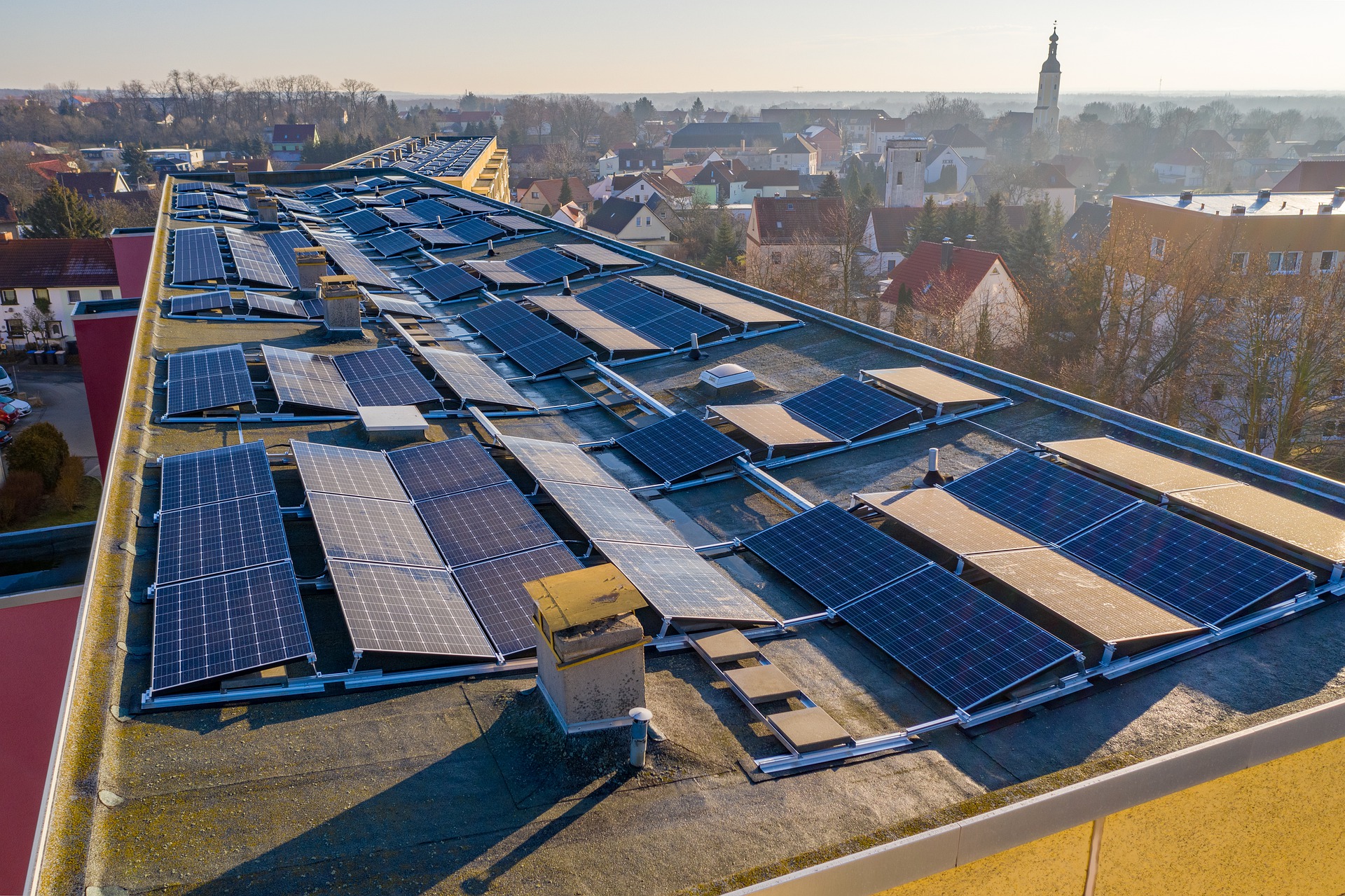Ways That Solar-Powered Lights Battle Global Warming

Using the sun to generate electricity might have seemed strange in the past. But with the growing concern about global warming, more people are using solar-powered technologies to help lessen the Earth’s rising temperature.
Today, with the help of environmental advocates, harnessing solar energy was made possible to power up different technologies that used to only rely on electric supply. And one of them is the innovative use of solar lights.
How do Solar Lights Work?
Solar light is a lighting system that uses the sun’s energy to provide illumination, as the name “solar” suggests. They frequently use LED (Light Emitting Diode) technology, recognized for being very practical and requiring little energy.
This solar power consists of panels that collect sunlight and produce electricity.
Solar-powered lights contribute to the battle against global warming in several ways:
- Reduced Greenhouse Gas Emissions – By harnessing energy directly from the sun, they eliminate the need for burning fossil fuels, significant contributors to greenhouse gas emissions.
- Renewable Energy Source – Solar energy is a known renewable power source. It does not deplete natural resources and has a virtually unlimited supply, even when used for industrial lighting or outdoor lights requiring more energy harvest.
- Energy Efficiency – Solar-powered lights are highly efficient in converting sunlight into usable energy. This energy-saving aspect helps to reduce greenhouse gas emissions and combat climate change.
Other Areas that Solar Power is Utilized
Outdoor Use
Solar lights are well-known for illuminating patios, gardens, driveways, and pathways in residential houses. Without wiring or electrical connections, they offer a practical and affordable method to increase safety and outdoor beauty.
Emergency and Disaster Relief
This lighting invention can be employed as an emergency or flood light during crises or natural catastrophes. Solar lights are the best option for supplying temporary illumination in affected areas because they can be swiftly placed and are not reliant on the grid.
Rural and Distant Areas
With little or no access to power, rural areas can benefit significantly from solar lighting. They offer a workable remedy for lighting in towns, campgrounds, cabins, and agricultural regions by supplying necessary illumination without relying on conventional power sources.
Overall, solar-powered lights significantly provide sustainable lighting solutions in many ways. Through this, we can fight global warming and continue to contribute to a cleaner, greener, and more sustainable future by adopting solar lighting technology.







